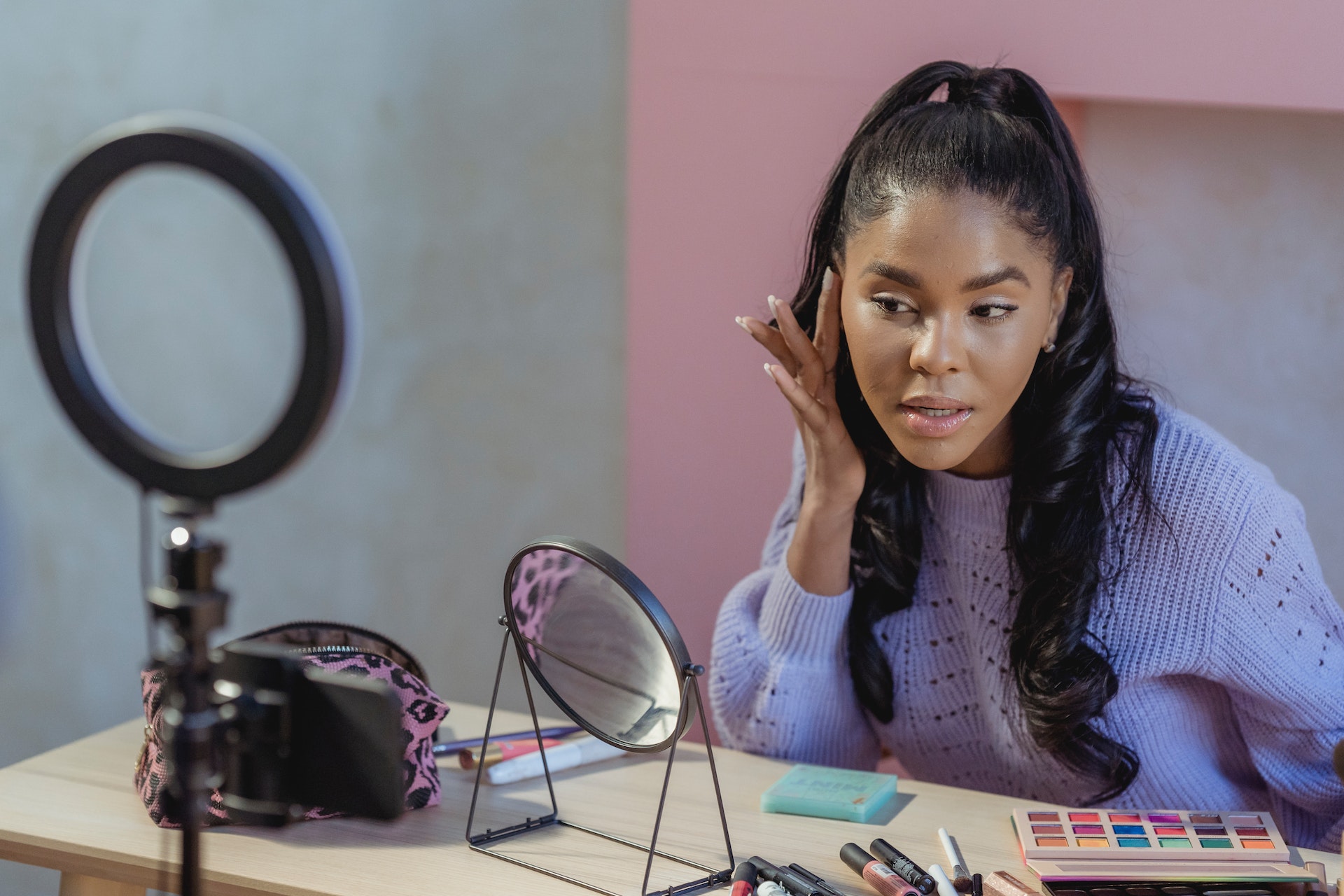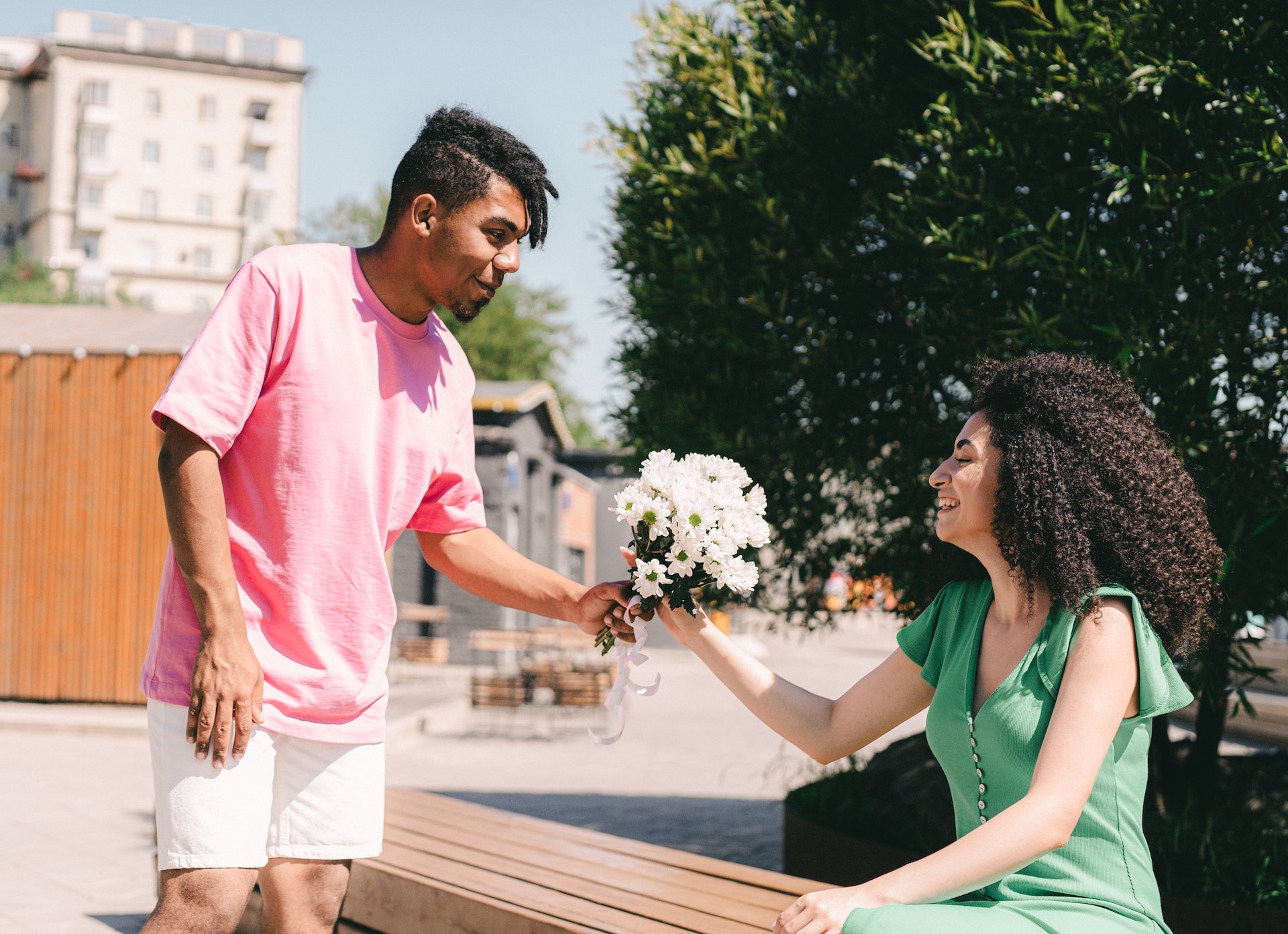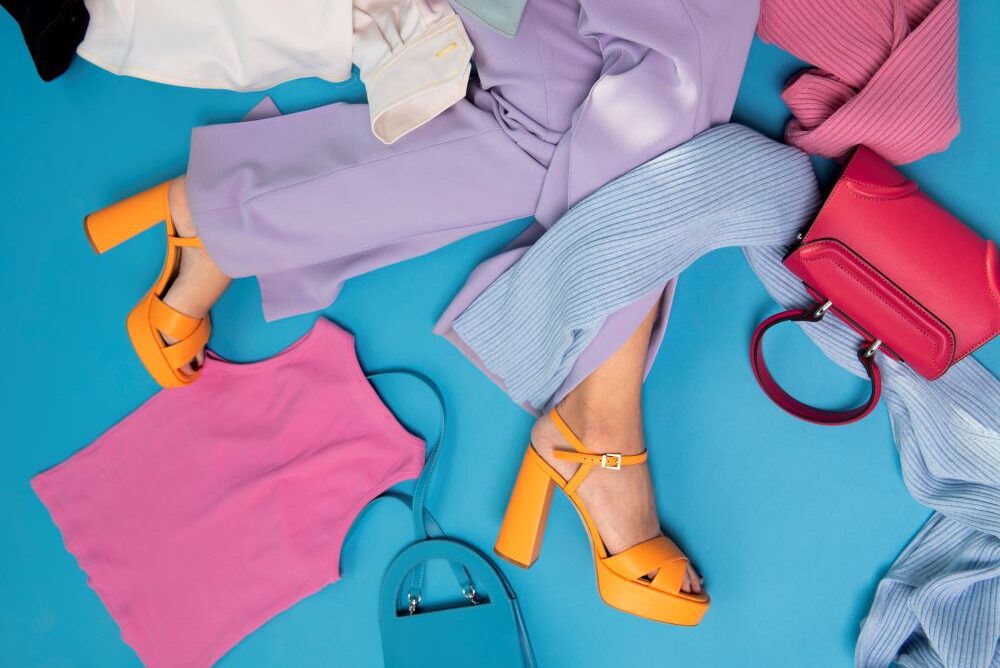Cindy Blackstock knows that inequality kills. The internationally respected Indigenous children’s rights advocate, and proud member of the Gitxsan First Nation, also has experience as a social worker, author, and professor. In 1998, she co-founded the First Nations Child and Family Caring Society, and in 2007, led a nearly-decade-long legal battle against the federal government. The plaintiff argued that for years, child welfare services provided to First Nations children and families on-reserve were discriminatory, leading to serious and long-term harms the government needed to address.
What have you learned from the lengthy legal battle with the federal government?
We filed in 2007, but for a decade, we worked with the government to document the inequality, linked it to the growing over representation of First Nations children in care and other harms to children, then detailed the cost to remedy it so that we’d have the best advantage for kids, and they didn’t do it. The case was filed as a last resort, and it’s clear to me given Canada’s conduct since then, nothing would’ve changed without that legal case.
What do you want from the next federal government regarding the child welfare system?
Number one, comply with the law. There’s over 30 legal orders against the government to stop its discrimination against First Nations children. Number two, act in good faith. Come back and talk to the National Children’s Chiefs Commission and the Caring Society, The Assembly of First Nations and set up a remedy that would stop discrimination from continuing, hopefully through a negotiated settlement but if not, through litigation. Number three, end the inequalities in other areas of kids’ experience.
What’s the long-term impact of service discrimination on First Nations kids?
Imagine if your child wasn’t worth the money to the government because of who they were. Your child would get 25-30% less money for education, they may or may not have clean water, they may or may not have support services to deal with multi-generational impacts of residential schools, and they may or may not have access to broadband or even electricity. How would you feel about that when everyone else takes these for granted? That’s the reality of First Nations kids, and what I’ve seen is that when discrimination like this goes on, it becomes normalized and children start to internalize. They start to feel like “maybe I’m the problem, I’m not good enough or I’m not trying hard enough.” Then, you end up with people with low-self esteem.
Why’d you decide that championing Indigenous children’s rights was what you wanted for your career?
I was working on the front lines of child protection, and I knew two things to be true. Too many First Nations children came into child welfare for reasons beyond their family’s control related to inequalities, and somebody needed to do something about it. But that wasn’t going to be me. I was scared of public speaking, I felt there was somebody smarter than I was, so I was just going to hold the fort for a few years and wait for them to come along, and they’d have my full support. Finally, I realized we were all doing that. I decided that I gotta try something and the amazing thing is, when you move out of that inertia of being a bystander, you realize you were never alone, many people in history are part of the struggle. Most of the time, we don’t do social justice advocacy because of fences we put around our own capacity.
Why do you believe education is the key to a positive future?
I believe in curiosity, and when I talk about education, I’m not just talking about formal education, but learning from people in your community. The reason I felt so strongly about pursuing academic education is because growing up, people in my hometown felt that Indians only grew up to be on welfare, and I rebelled against that. There was just a stubbornness in there that said, you’re gonna do this. When we experience discrimination, it lights a fire of determination. I didn’t understand it that way then, but I feel it’s a gift of the ancestors. The people who struggled before you struggled so that you could have a better life.
What do you hope children learn from your work?
Children have power for change. We had a campaign called “I Am a Witness”, where we asked people to come and watch and witness a courtcase. They came and they saw the discrimination. They didn’t make excuses for it. Not only did they learn about that, they wrote letters to the Prime Minister and elected officials to come to their classrooms to talk about why is this happening. So, children don’t have to wait and depend on adults to create change, sometimes they see injustice more clearly than we do. We have to trust them to have conversations.
Marcus Medford | Contributing Writer










